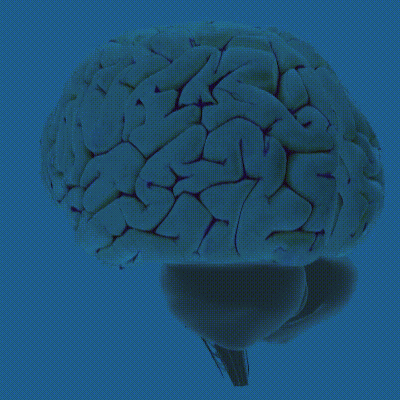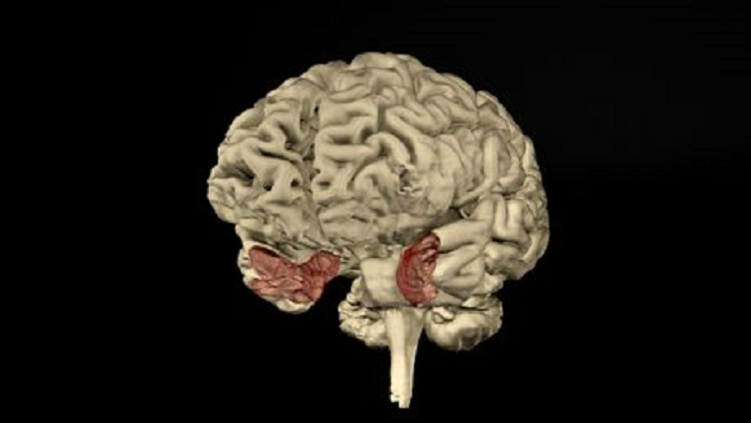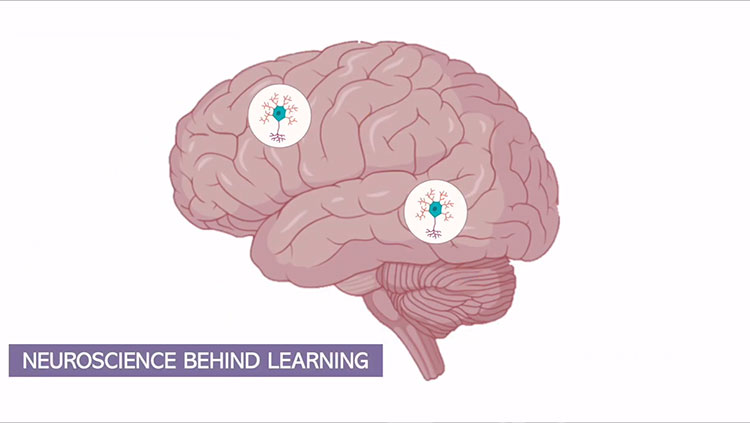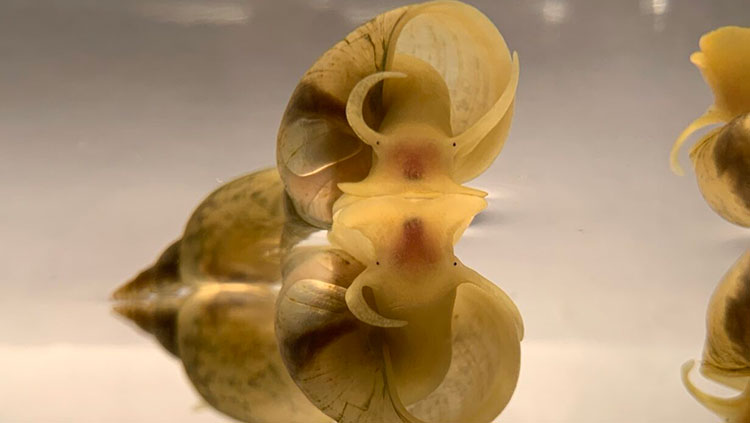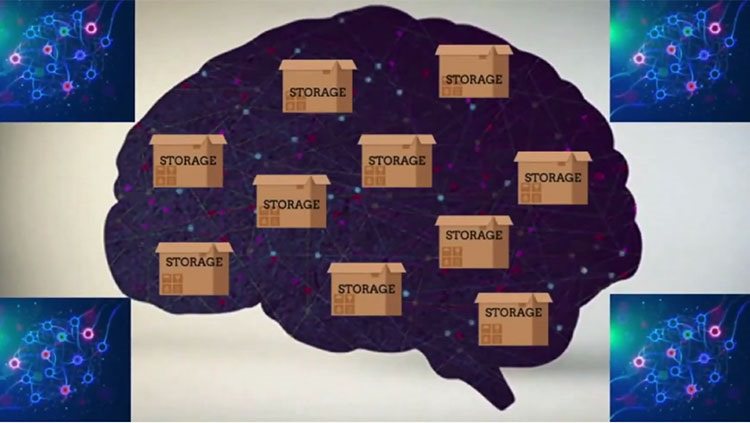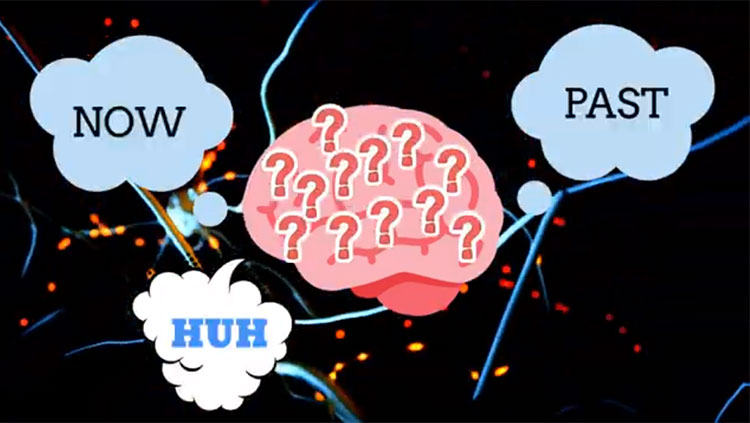Motivation: Why You Do the Things You Do
- Reviewed29 Aug 2018
- Author Deborah Halber
- Source BrainFacts/SfN
Two things drive human actions: necessities — food, sleep, avoidance of pain; and rewards. Any object, event, or activity can be a reward if it motivates us, causes us to learn, or elicits pleasurable feelings. But how do our brains compute the value of a reward and how is that translated into action? The answer lies in the brain circuitry known as the “reward system.”

Neurons in the different regions of the brain comprising the reward system communicate using dopamine: For example, dopamine-producing neurons in the brain’s ventral tegmental area communicate with those in a region called the nucleus accumbens in order to process rewards and to motivate behavior. Neurons that release dopamine are activated when we expect to receive a reward.
Dopamine also enhances reward-related memories. It strengthens synapses — the junctions where neurons pass messages — in the brain’s learning and memory center, the hippocampus. Dopamine signaling in areas of the brain that process emotions — the amygdala — and regions involved in planning and reasoning — the prefrontal cortex — also creates emotional associations with rewards.
It’s not the reward itself, but the expectation of a reward that most powerfully influences emotional reactions and memories. Reward learning occurs when we experience something unexpected — when the actual reward differs from what we otherwise would predict. If a reward is greater than anticipated, dopamine signaling increases. If a reward is less than expected, dopamine signaling decreases. In contrast, correctly predicting a reward does not alter dopamine signaling because we aren’t learning anything new.
Dopamine responses vary from person to person. Some people’s brains respond more strongly to rewards than punishments, while others respond more strongly to punishments. Reward learning and motivation are strongly influenced by the amygdala. Researchers at Vanderbilt University found that “go-getters” who are more willing to work hard have greater dopamine signaling in the striatum and prefrontal cortex — two areas known to impact motivation and reward.
Decision-making often involves evaluating risks in addition to rewards. Neuroscientists are investigating how the brain balances reward and risk, and how one’s emotional state affects this balance.
Emotionally centered decision-making changes with age — possibly because the lateral prefrontal cortex, responsible for self-regulation, matures gradually. Teens may engage in more risky behaviors because their brains are still maturing, and they are highly sensitive to being accepted by their peers. Older adults might also make more risky decisions, as prefrontal cortex function diminishes with age.
The brain’s reward system reinforces behaviors associated with rewards and prevents behaviors leading to punishment. But, this system can go awry in some psychiatric disorders. For example, the lateral habenula, a major node in the brain’s reward circuitry, appears to encode punishment by inhibiting dopamine release. Disorders involving inappropriate aggression have been linked to dysfunction in this area of the brain. In addition, stimulating some areas of the amygdala can trigger rage and aggression, while removing specific sections of the amygdala will make lab animals more docile. Recent studies in lab animals also suggest that aggression can result from inappropriate activation of the brain’s reward system in response to violent social stimuli.
This article was adapted from the 8th edition of Brain Facts by Deborah Halber.
CONTENT PROVIDED BY
BrainFacts/SfN
References
Golden, S. A., Heshmati, M., Flanigan, M., Christoffel, D. J., Guise, K., Pfau, M. L., … Russo, S. J. (2016). Basal forebrain projections to the lateral habenula modulate aggression reward. Nature, 534(7609), 688–692. doi.org/10.1038/nature18601
Schultz, W. (2015). Neuronal Reward and Decision Signals: From Theories to Data. Physiological Reviews, 95(3), 853–951. doi.org/10.1152/physrev.00023.2014


